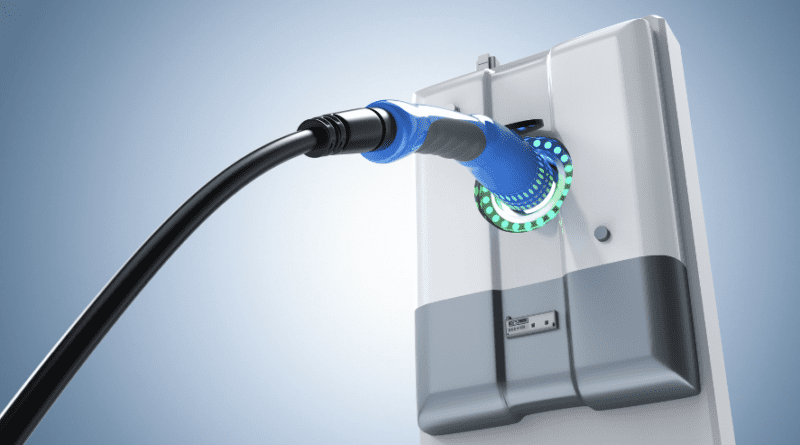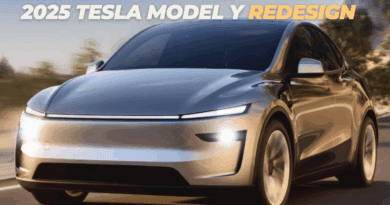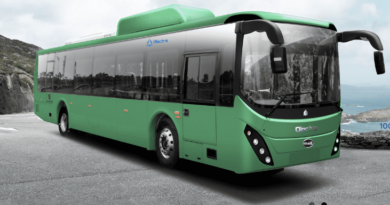How to select EV charger for your home use?
As more consumers are thinking bout owning an Electric Vehicle (EV), their main concern is how to select EV charger at home that fits their needs. Definately charging your Electric Vehicles at home is most convenient option considering todays busy lifestyle. This article will discuss about factors such as Charging Speed, Electric Supply availability, Location, Cost Savings, Smart features and installation costs that needs to be considering while installing EV chargers at home.
EV Charger – Charging Speed:
Its recommended to upgrade home EV charging station from 110V AC “Level-1” to 240A AC “Level-2” home charger to add faster charging, around 12-60 miles per hour of charging. Now, which 240A “Level-2” charger to select depends on the Electric Car that one is owning and what type of commute and daily driving needs are for that individual or family. Typically Electric cars accommodate 32 amps adding around 25 miles of range per hour of charging. Therefore, charging station rated at 32 amps is will typically prove to be adequate choice for many vehicles and consumer needs.
EV Charger Installation location:
Installing charger at a convenient location to garage is best option here. Discuss with your certified electrical up from before puckering any material. If garage space is not ideal for you then you could also go for weatherproof charger rating for outdoor duty.
EV Charger Installation Cost:
If you are installing 240V AC Level-2 chargers, then one needs to ensure that license electrician takes care of wiring and installation needs as per National Electrical Code (NEC). Charger amperage capacity needs to be selected that suits your electric vehicle and your homes available electric capacity. As per NEC code, electric circuit should be rating for 25% of greater amperage rating than the chargers output. For example, for 32 A charger, one will need to select 40 A circuit and breaker rating. Your certified electrician will be able to take care of this for you. Consider getting a detail quote from your electrician before finalzing his/her service. Installation cost could significantly vary based on the electrical medications needed at your home.
Electric Utility Saving plans:
Mostly likely your local Electric Utility will have special EV charging rates that will save you money if you charge your car during off-peak hours such as at night. Please check and discuss with your location utility staff.
EV Charger Safety & Reliability:
Please ensure that the charger you are trying to purchase is from a tested and certified provided. Also, ensure to have a charger with “Energy Star” rating which indiactes energy efficient design which will keep your electric city bill under control. Installed of portable charger always consider wall mounted charger from safety and usability point of view. Also, look out that charger manufacturer is providing you the warranty and tech support as necessary. Most of the reputed manufacturers are providing 3 year warranty and 24 hours phone tech support.
EV Charger with “Smart Features”:
If you are tech savvy, you could pick Chargers that offer “Smart Features” such as wifi-enabled charges which you could control from your mobile all and set-up charging schedule and get reminders to charge.
EV Charger Cost:
Chargers from certificated and reputed manufacturers typically cost around $500 – $900 USD. Please ensure to pick a manufacturer that will keep your car, home safe and also is very efficient in charging which wills save you money in long run. Also note, installation cost is not included in the charger cost, so plan accordingly your budget.




